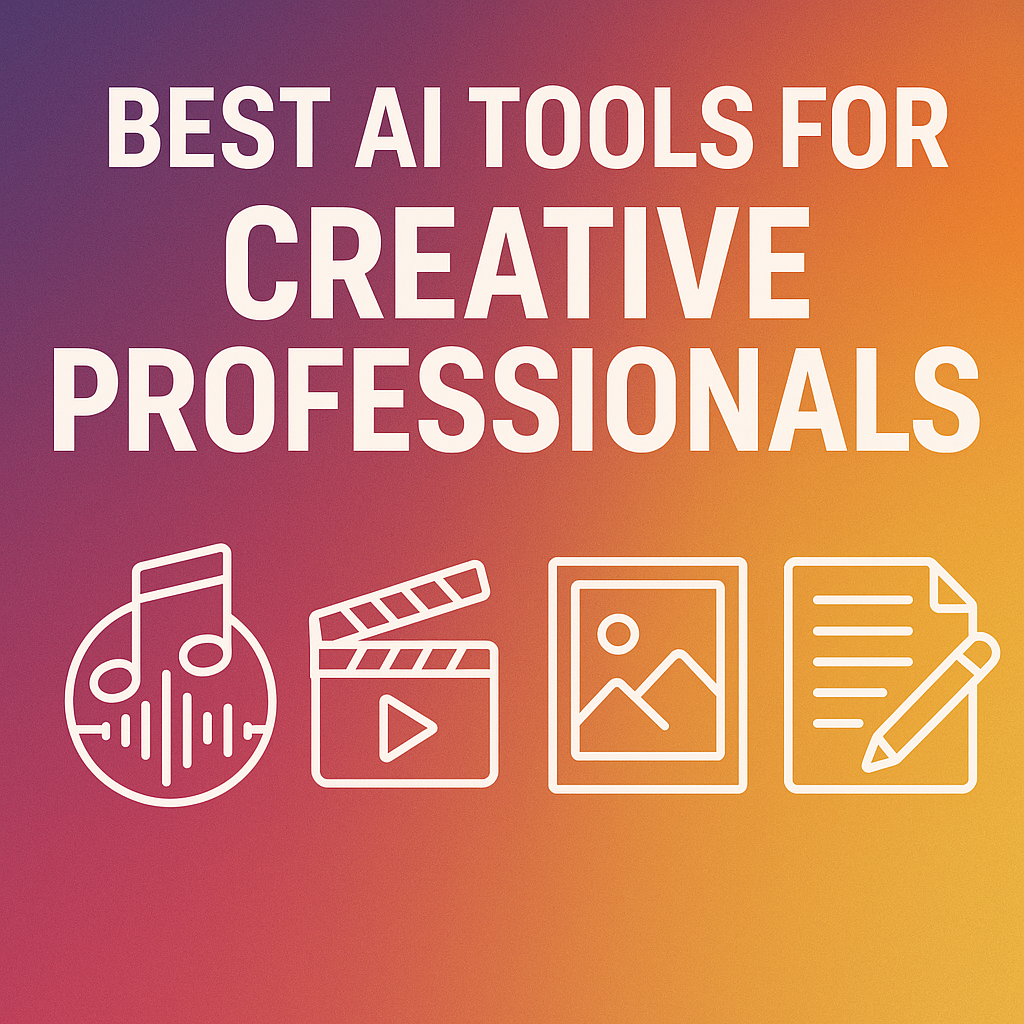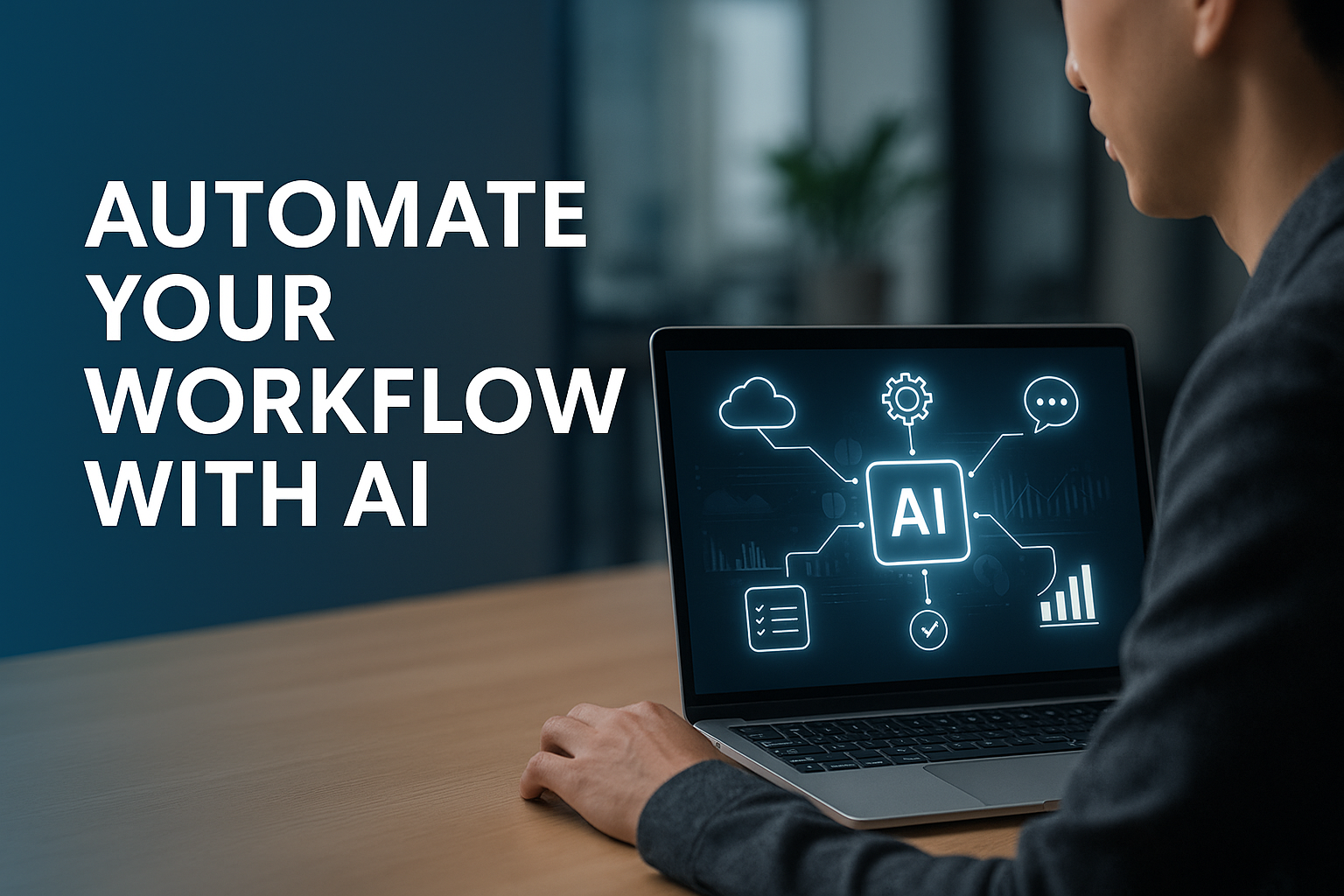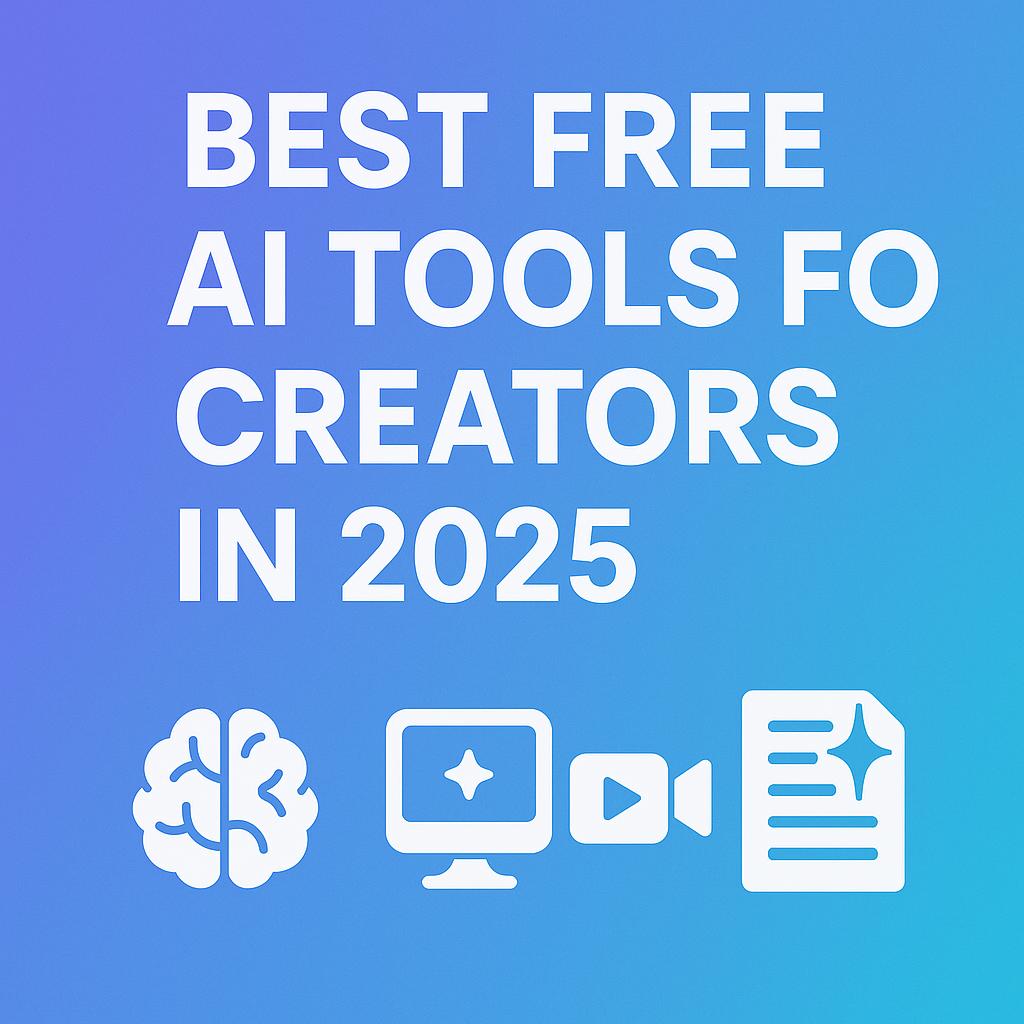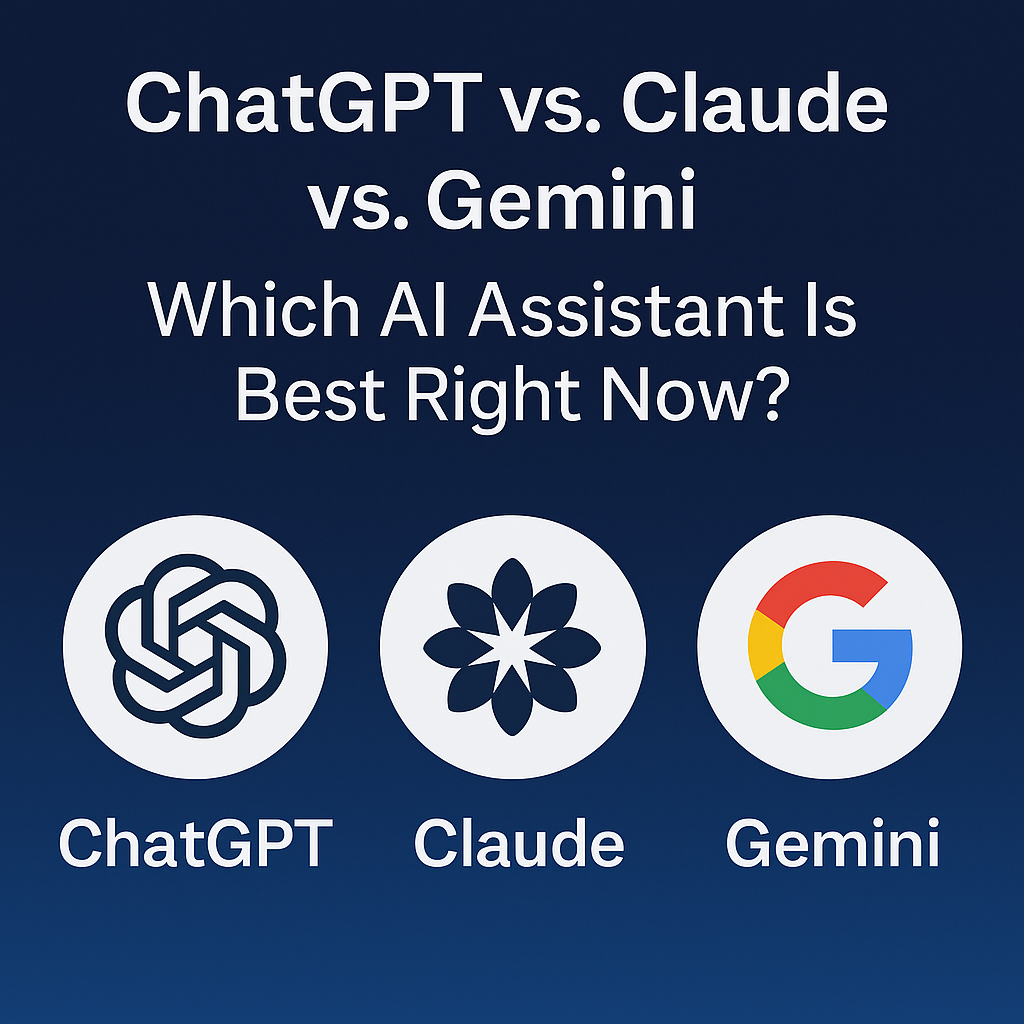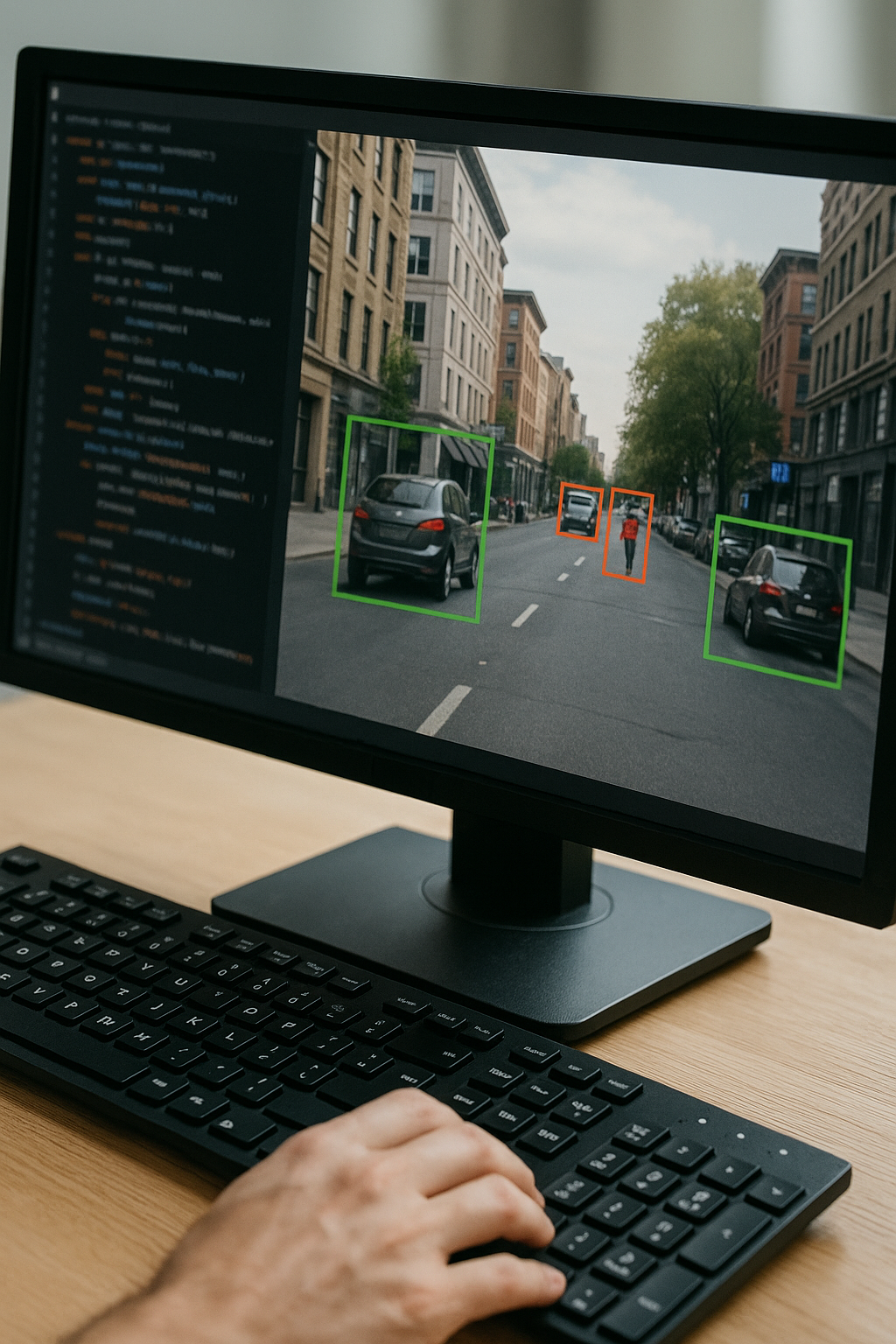AI and the Future of Work
How Automation is Redefining Jobs and Skills
AI is no longer a futuristic concept—it’s here, and it’s transforming the way we live and work. From intelligent systems automating repetitive tasks to AI-powered tools enhancing decision-making, the workforce is undergoing a significant shift. While this transformation opens up exciting opportunities, it also brings challenges, especially for those unprepared to adapt.
This blog explores the impact of AI on the job market, how various professions are evolving, and the essential skills you’ll need to thrive in an AI-driven economy.
The Current Landscape: AI’s Role in the Workforce
AI is already embedded in many industries, improving efficiency and enabling businesses to achieve more with less. Here are a few examples of how AI is currently impacting work:
- Automation of Repetitive Tasks: In manufacturing, robots and AI systems handle assembly lines with precision and consistency, reducing human error and improving output.
- Enhanced Data Analysis: In fields like marketing and finance, AI processes vast datasets to provide actionable insights, saving time and improving accuracy.
- Customer Service Revolution: AI chatbots and virtual assistants handle customer queries 24/7, allowing companies to scale their support teams without increasing headcount.
Key Stat: A study by PwC predicts that AI will contribute $15.7 trillion to the global economy by 2030, reshaping industries across the board.
Industries Most Affected by AI
While AI impacts nearly every industry, some fields are experiencing particularly significant changes:
1. Healthcare
AI is revolutionizing healthcare by improving diagnostics, streamlining administrative tasks, and enabling personalized medicine.
- Example: AI algorithms like DeepMind’s AlphaFold have accelerated drug discovery by predicting protein structures.
- Impact on Jobs: While radiologists and medical coders may face automation risks, AI is creating roles in health data analysis and medical AI development.
2. Manufacturing
Automation in manufacturing has reduced human involvement in repetitive tasks but increased demand for roles in robotics maintenance and AI system management.
- Example: Tesla’s factories use AI-driven robots to build vehicles, ensuring precision and scalability.
3. Retail
AI is transforming retail through personalized recommendations, automated inventory management, and even cashier-less stores.
- Example: Amazon Go uses AI to allow customers to shop without traditional checkout processes.
- Impact on Jobs: While cashier roles may decline, jobs in AI retail analytics and customer experience design are growing.
4. Transportation and Logistics
Self-driving vehicles and route optimization algorithms are improving efficiency in transportation.
- Example: Companies like Waymo are testing autonomous delivery vehicles, reducing the need for human drivers.
- Impact on Jobs: Traditional driving roles may decrease, but logistics planning and autonomous system supervision roles are emerging.
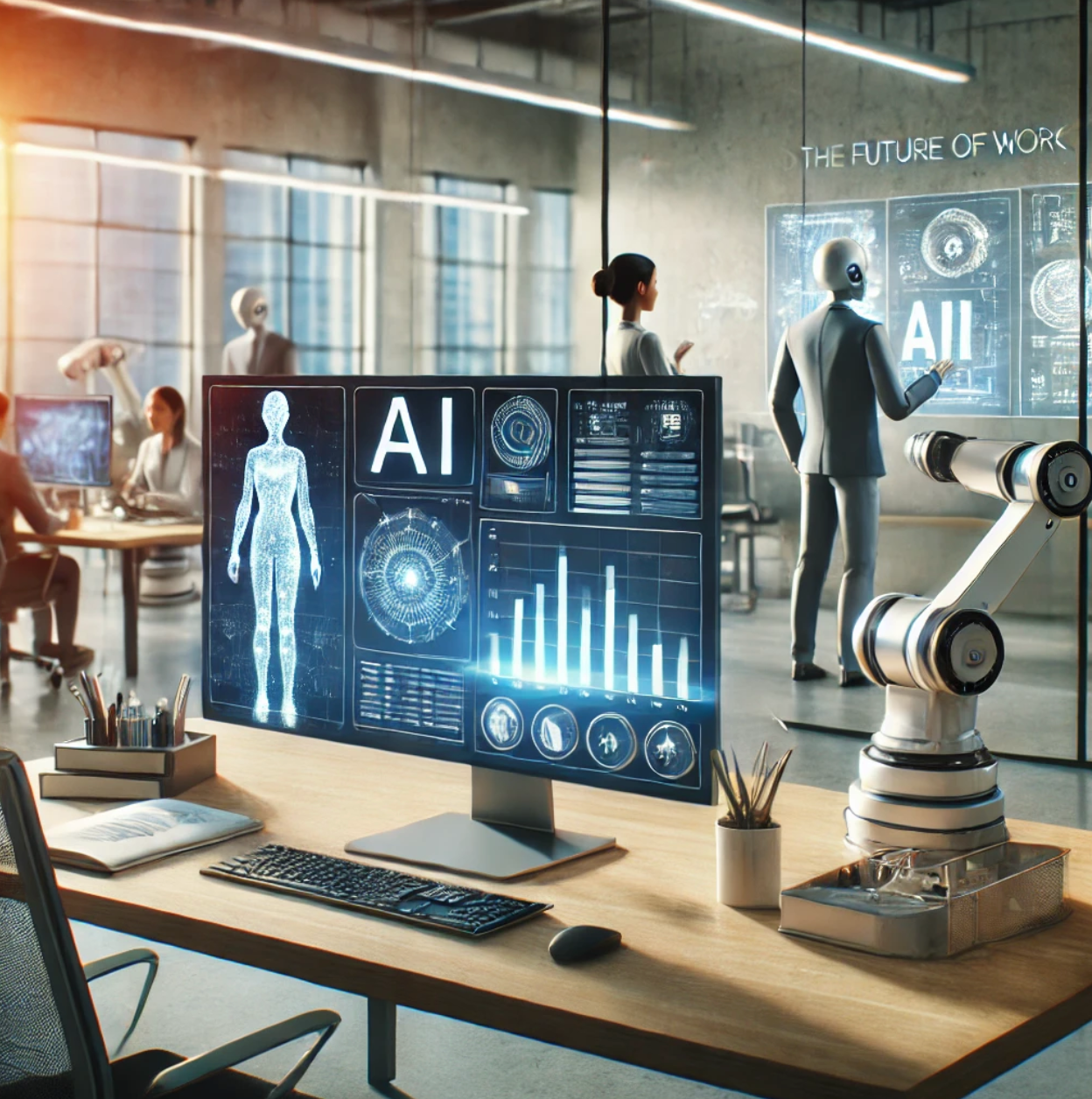
Skills Needed to Thrive in an AI-Driven Economy
As AI reshapes jobs, adapting to the new workforce landscape requires a shift in focus. Here are the key skills that will be essential:
1. Technical Skills
- AI and Data Literacy: Understanding how AI systems work and how to interpret data.
- Coding and Programming: Skills in Python, R, or other programming languages are highly valuable in AI development and implementation.
2. Soft Skills
- Adaptability: The ability to learn new tools and adjust to changing job roles.
- Critical Thinking: Evaluating and applying AI-generated insights effectively.
- Emotional Intelligence: Interpersonal skills that remain irreplaceable by AI.
3. Lifelong Learning
With technology evolving rapidly, continuous learning will be critical. Online platforms like Coursera, edX, and Udemy offer courses to upskill in areas such as AI, machine learning, and data analytics.
The Debate: Will AI Replace Jobs or Create Them?
The question of whether AI will eliminate or create jobs is a hotly debated topic. Here’s a balanced perspective:
- Jobs at Risk: Routine and repetitive roles, such as data entry clerks, telemarketers, and factory workers, are most vulnerable to automation.
- Jobs Created: New roles, such as AI trainers, data ethicists, and robotics engineers, are emerging as businesses integrate AI.
- Net Impact: According to the World Economic Forum, while AI could displace 85 million jobs by 2025, it’s expected to create 97 million new roles, resulting in a net gain.
How Businesses Can Prepare for AI Integration
Organizations need to adapt to remain competitive in an AI-driven world. Here’s how businesses can prepare:
- Invest in Workforce Upskilling: Provide employees with training in AI tools and data interpretation.
- Adopt a Hybrid Approach: Combine AI tools with human expertise for optimal results.
- Focus on Ethical AI: Ensure AI systems are transparent, unbiased, and used responsibly.
What Does the Future Hold?
The future of work in an AI-driven economy will be defined by collaboration between humans and machines. AI will handle repetitive and data-intensive tasks, allowing humans to focus on creativity, strategy, and innovation.
Emerging Trends to Watch
- AI Augmentation: Instead of replacing jobs, AI will enhance human capabilities, creating hybrid roles that leverage AI tools.
- Remote Work Transformation: AI-powered platforms will make remote work more efficient, with tools for virtual collaboration, performance tracking, and AI-driven productivity insights.
- Increased Focus on Ethics: As AI adoption grows, discussions around bias, accountability, and transparency will shape its implementation.
Conclusion: Embracing the AI Revolution
AI is not just a disruptor—it’s a game-changer that offers immense potential for growth and innovation. While it will undoubtedly reshape the job market, it also presents an opportunity for individuals and organizations to adapt, upskill, and thrive in the new era of work.
Stay Ahead of the Curve
The AI-driven future is closer than you think—are you ready to embrace it? Sign up for our newsletter to stay updated on the latest trends, insights, and strategies for thriving in an AI-powered world. Get expert tips and exclusive content delivered straight to your inbox—join us today and lead the way into the future of work!
Sign Up For Our Weekly Newsletter and Get Your FREE Ebook " AI For Everyone - Learn the Basics and Embrace the Future"



